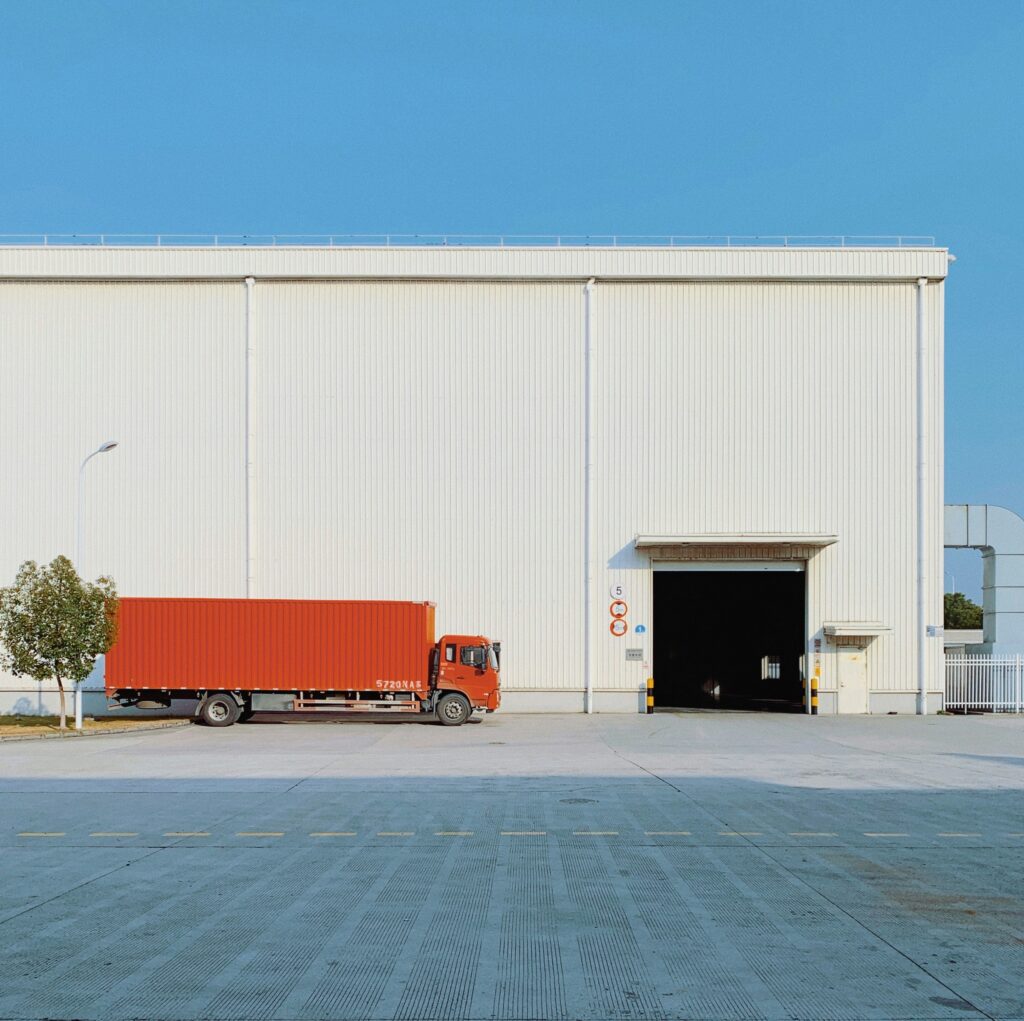Being a dynamic industry with many moving parts involved and many workers acting out different roles along your supply chain, it’s a fairly common occurrence that your freight bill comes in differently than what you were quoted.
In this blog post we will look at the various reasons why that is, and what you can do when it happens.
Why Do Freight Invoices Come Back Differently than Quoted?
There are as many details affecting the price you were quoted as there are reasons for your rebill.
For every piece of information that you submit when requesting a quote, if it is even slightly different, it could result in a difference in the billing.
The Dispute Process
The process for opening a dispute is straightforward. Here is what you need to do:
- Find the customer service email address for your trucking carrier. If a Google search does not yield it, phone them and ask for it.
- Start an email with the PRO number in the subject line.
- Write your email, detailing your reason for opening the dispute. Attach all supporting documents.
- You should receive a response within a few days with a Case ID.
- Make a note for yourself to follow up a week later. It often happens that response time for disputes is very slow, but by staying on top of it, you will get a faster response.
- Continue follow up by phone or email until you have your outcome. Quote your Case ID or PRO # each time. You may be requested to send further documentation as the case progresses.
The Most Common Reasons
These are the most common reasons why you will see a freight bill not matching your quote, and what documents you need to submit for the dispute to be considered.
- Factor: Size and Weight
If your cargo is not the same size and weight as submitted at time of quoting, you could be charged more or less accordingly.
Some carriers will also charge an additional flat fee for the reweigh.
- How To Dispute:
If you are sure the result of the reweigh is incorrect, and your original submitted weight is correct, you can open a case with Customer Service of the trucking company. You will need to submit a packing slip along with the pre printed spec sheets for all items on the shipment. These documents should show proof of the size and weight of the cargo.
- Factor: Freight Class
Freight Class refers to a standardization system which classifies freight according to how packable and easily transportable it is. Factors affecting the class are size and weight ratio, and shape and fragility of the cargo.
If the trucking carrier suspects the freight class listed is incorrect, they will submit it for testing and will reclass your shipment and charge you more accordingly.
Some carriers will also charge an additional fee for the reclass testing process.
- How To Dispute:
You will need to prove that your commodity is of a lower freight class. To do that, submit a product spec sheet with full product information, including size, weight, and details of the item, including the NMFC classification code, along with a packing slip.
- Factor: Accessorials
Overlength cargo, the need for a liftgate, or a limited access pickup or delivery are just a few common accessorials which will affect the cost of your trucking.
If you request a quote without requesting this in advance, or without knowing it will be needed, it will be noted by the driver and added onto the bill.
- How To Dispute:
If you have been wrongly charged for an accessorial, you will need to submit documentation proving the charge was unnecessary. For example, if you were charged a liftgate fee that wasn’t needed, ask your warehouse to snap a picture of their unloading dock proving liftgates are not needed.
- Factor: Ready Time
If your shipment is not ready at the specified time, and the truck shows up, you will be charged a dry run fee, along with the full trucking fee.
If you end up canceling the truck, you will be charged a TONU fee – which stands for ‘Truck ordered, not used’.
- How To Dispute:
If you have been wrongly charged a dry run charge that is not your fault, you will have to send proof to dispute it. Whether a truck showed up at the wrong time, or if you had requested a time change previously, received confirmation, but it still showed up at the original time, you will have to submit documentation proving it was not your fault. For example, screenshots of your emails showing confirmation of the time change.
- Factor: Re-consignment
Changing the delivery address once the truck is en-route will result in a re-consignment fee.
- How To Dispute:
If you requested a delivery change and received confirmation before dispatching the truck, but received a re-consignment fee, you can dispute this. You should submit screenshots of your communications showing this was approved.
Tips For Disputes
Many people out there just don’t bother starting a dispute. If you don’t take the time to open it, you definitely can’t win it!
Follow-up is another big game changer. Staying on top of the process, submitting further paperwork proof as needed, and keeping the communication open, makes you more likely to get a positive and timely response.
There is one aspect that we advise against, however. We don’t recommend bulk disputing if you have multiple of the same issues with similar shipments. This is likely to be flagged by the trucking company. They will not like the multiple similar disputes and may look for a way to charge you higher.
Work With Simple Forwarding
Freight rebills are an inevitable part of the trucking industry, which every customer can say they have experienced once in a while.
When you truck with Simple Forwarding, you’ll be advised on exactly what you can do to minimize the chances of being billed higher than quoted. You’ll be coached on exactly what information is needed when booking a shipment, so you will get an accurate quote. If for any reason your bill does come back higher than expected, we’ll always check in with you whether this is accurate or not, and if not we’ll take care of every aspect of the dispute process for you.
Contact our team today for a trucking quote. Email us at Sales@simpleforwarding.com or schedule a call with us for a no-pressure consultation where we’ll go over your logistics setup and see where we can provide valuable tips and insights.




